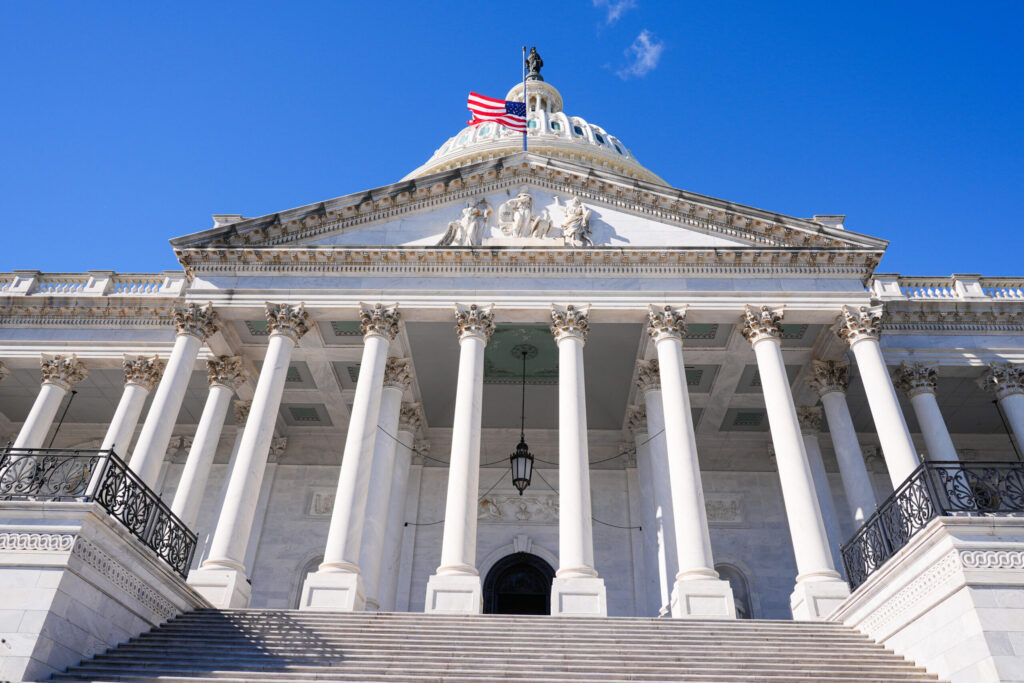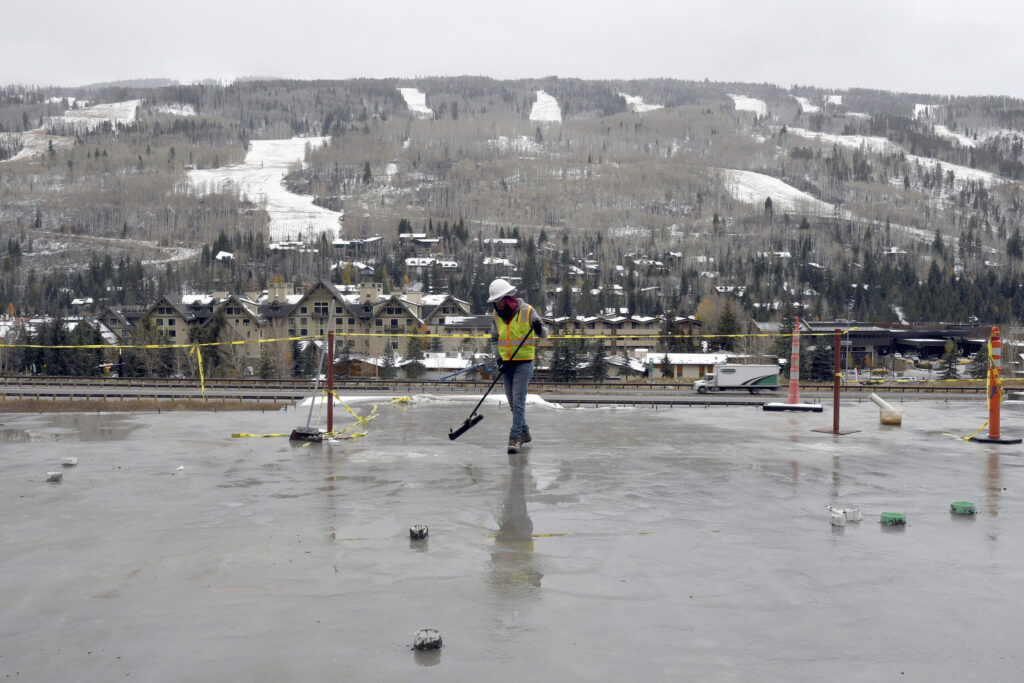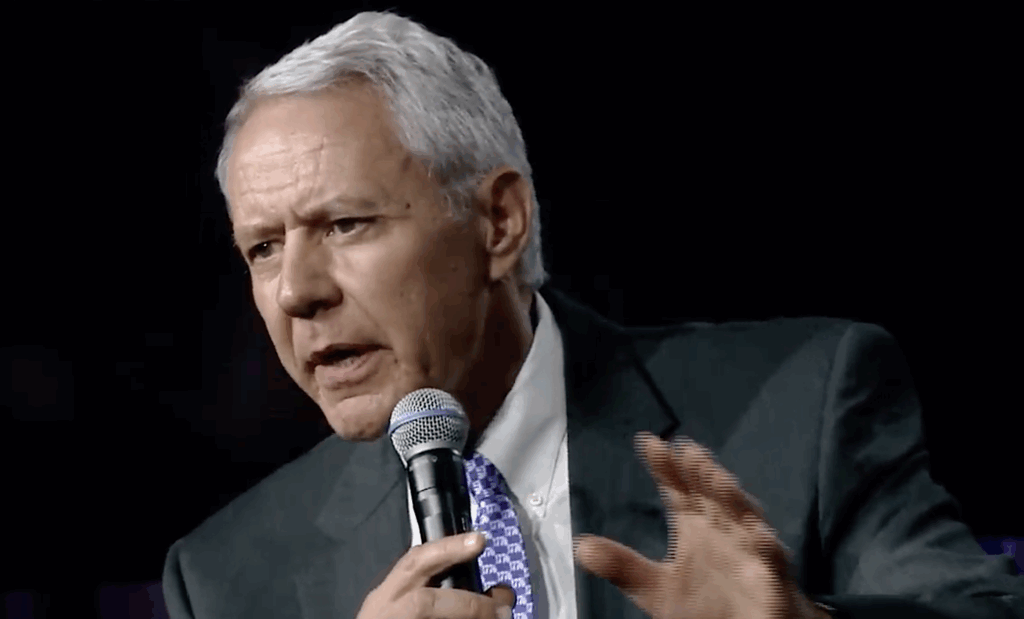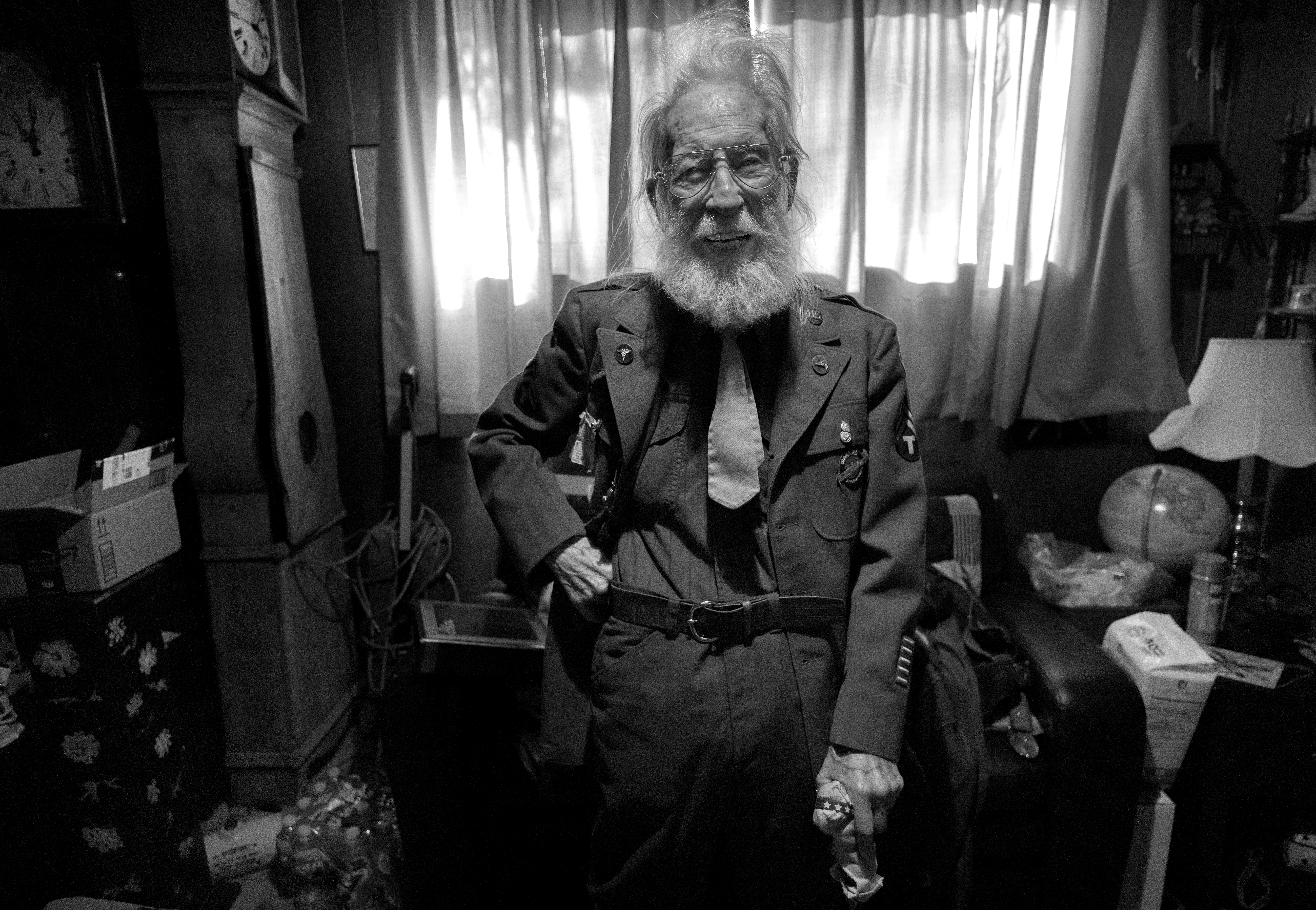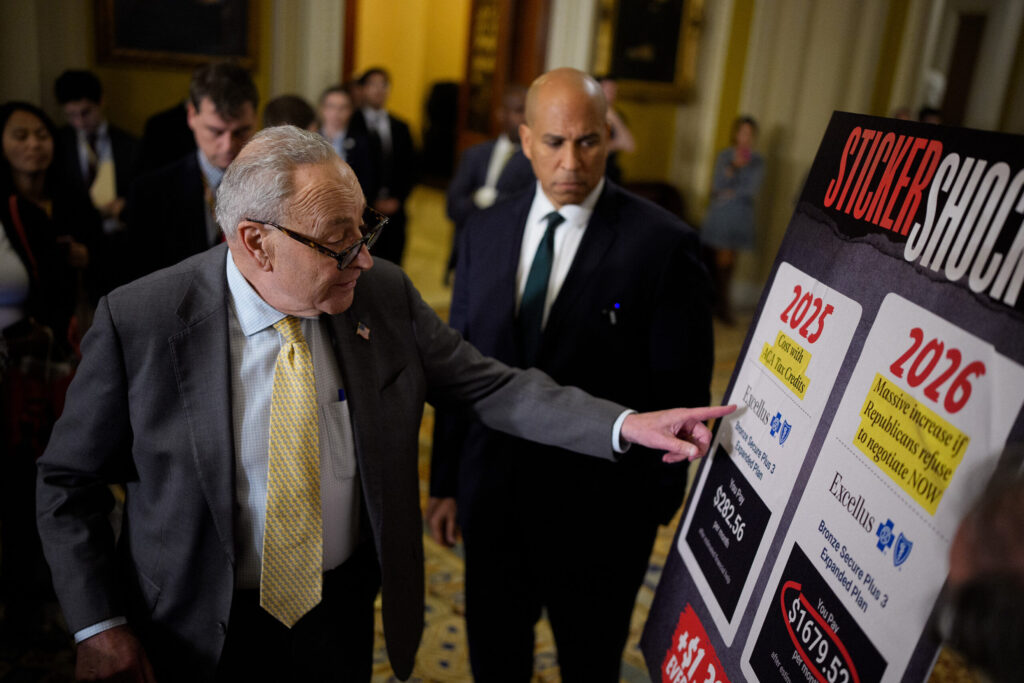Environmental groups angered by new rule on industrial emissions

An emissions reduction rule for large industries approved by state air pollution regulators has environmental groups castigating the rule for weakening pollution control and ignoring the Environmental Justice Act.
The Colorado Air Quality Control Commission made significant concessions to 18 industries including the Molson Coors brewery in Golden, beef producer JBS Swift and Leprino Foods in Greeley, and the Suncor Energy refinery in Commerce City during a rulemaking hearing last week.
The gulf between environmental and community groups and industry representatives was highlighted by testimony at that meeting. On one side – state law should not be compromised and industry should be held to the emissions standards. On the other side – industry representatives say the regulations go too far, too fast, may be impossible to achieve, and threaten to drive companies out of the state to places with less stringent environmental regulations.
The Environmental Justice Act requires emissions reductions from the industrial sector, as a group, of 20% by 2030 as compared to 2015 levels. In case filings state enforcement officials said that the 18 or so industries affected by the rule have already reduced their emissions by 12% since 2015, only 1% away from the 13% 2024 greenhouse gas emissions limits.
Industry representatives are afraid that some industries will not be able to meet the future reduction standards and asked the commission to authorize what amounts to a “cap and trade” system where companies that cannot comply can buy credits from companies that do better than the minimum standards.
Another proposal from the industry was to set up a state-administered climate mitigation fund where non-compliant industries can contribute to emissions reduction programs in disproportionately impacted communities. Ultimately the commission adopted this proposal.
This brought substantial opposition from environmental groups, who say that allowing companies to continue polluting while paying to mitigate pollution elsewhere does nothing to help people in communities surrounding their facilities.
“It is maddening to see the efforts to pass the Environmental Justice Act turn into an unjust rule filled with polluters’ requests, including a trading scheme and directive to allow these facilities to pay to pollute, instead of cleaning up their act to protect people,” said Ean Thomas Tafoya, Colorado state director for GreenLatinos.
“I think the point is, without some of those provisions that the commission adopted, you’re creating an impossibility of compliance that is unprecedented in our very forward-looking and progressive air quality regulatory program here in Colorado,” said John Jacus, an environmental law attorney representing several of the affected companies. “There was the very real possibility that if we had a hard interim compliance deadline in 2024, just months away, without the ability to plan for, fund, procure, implement, and get permitted a reduction project by September of 2024, that we would have no other way to comply and therefore we’d be in violation and subject to rather aggressive penalties as proposed by the division.”
If the regulations are too strict, companies may decide to leave the state and set up shop in places more supportive of them, said Jacus. The economic impacts of some of these large employers abandoning Colorado is uncertain.
Industry representatives also point out that for consumer goods purchased in Colorado that would have to be shipped into the state, like beer, pollution would actually increase, in part through transportation emissions.
“The Colorado Chamber of Commerce did a lot of work on this issue over the past several months, and we’ve worked with a lot of our members that had a lot of different interests,” said Meghan Dollar, senior vice president for government affairs in an interview. “But as a whole, we feel like the AQCC went a long way in trying to find ways to get emission reductions in the long run, but to do that in a way that companies can comply.”
That doesn’t satisfy Cultivando, a Latino community advocacy organization in Adams County, or other environmental organizations.
“Overall, we are disappointed with the outcome of this process because it does little to nothing to reduce air pollution NOW because the bottom line is that air pollution will still continue to increase until 2030,” said Olga Gonzalez, executive director of Cultivando in a statement to The Denver Gazette. “The environmental justice act is the only true commitment of that accountability that our communities have, and this act was completely misinterpreted and disregarded in this process.”
“Unfortunately, this rule fails to sufficiently reduce pollution in disproportionately impacted communities, as the Environmental Justice Act intended,” said Ian Coghill, senior attorney with Earthjustice‘s Rocky Mountain Office in an email statement. “The act makes clear that communities have a right to clean air and under this new trading system, emissions could even increase for those most impacted by industrial facilities. More must be done by the state to spur on-site reductions of harmful pollutants.”





